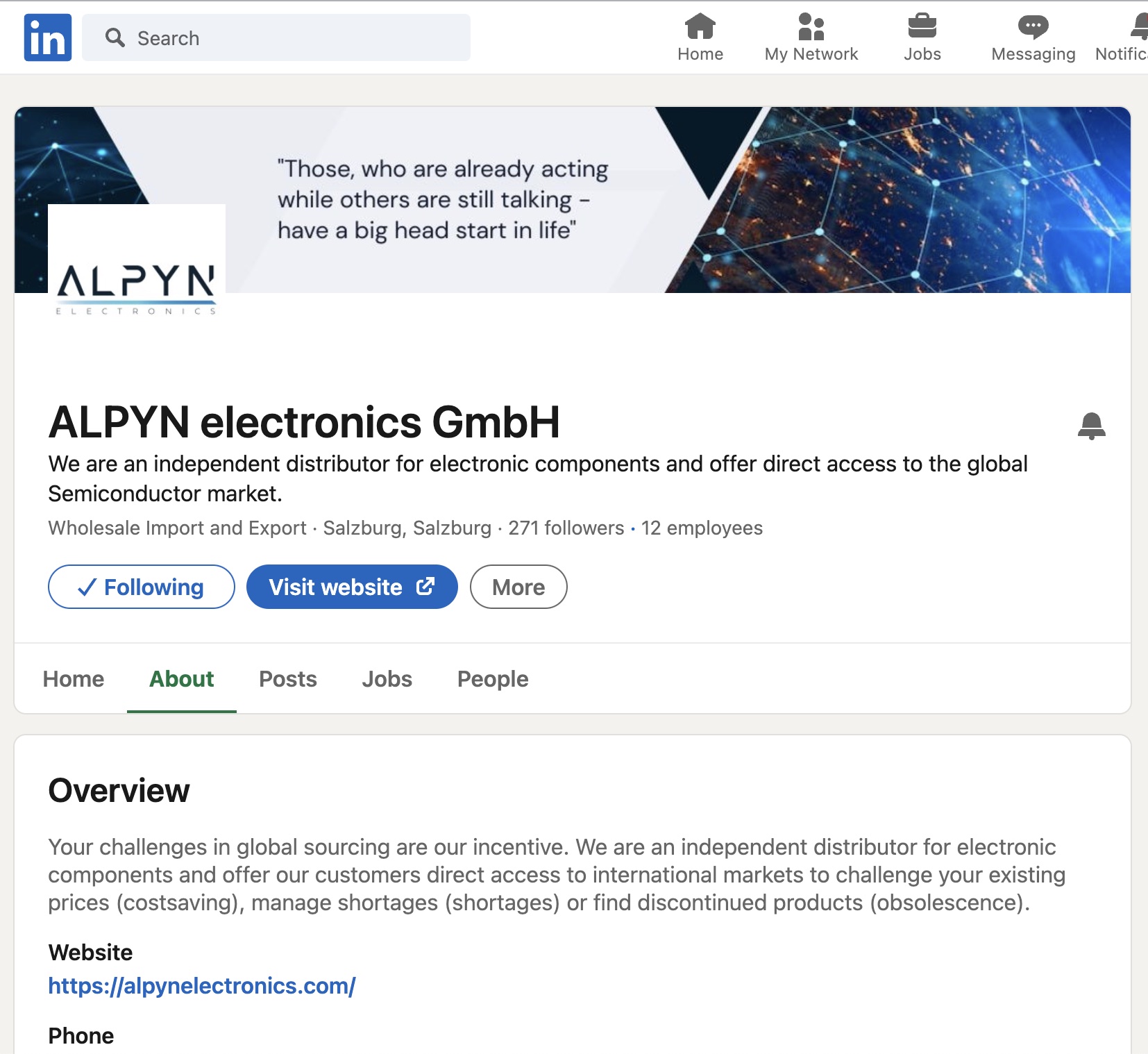 ALPYN electronics team
ALPYN electronics team
- Date
- Reading Duration
- 3 minutes read
The exciting developments in Austria receive little attention. Wrongly!
The fact that Austria is home to two of the most important companies in the entire global supply chain often goes unnoticed:
> IMS Nanofabrication GmbH (Vienna)
> EV Group (north of Salzburg)
IMS and EVG do not manufacture chips themselves. Rather, they make machines that are vital to the companies that make chips - including chip giants like Intel in the US and TSMC in Taiwan. IMS and EVG are an example of Austria's "Hidden Champions": medium-sized companies, often without glamor or publicity, which are world leaders in their field.
EVG has specialized in machines for wafer bonding - the precise process in which silicon wafers are connected to form chips. They account for about 80% of global production. IMS Nanofabrication manufactures multi-beam mask writers: machines that effectively create nano-sized stencils through which chip circuits are printed. IMS machines are capable of drawing these stencils at a speed and level of detail that sets the industry standard.
In Austria there are about 200 of these "hidden champions" - successful niche companies that form the backbone of the Austrian production and research economy. There is also a functioning network of universities, technical colleges and other educational institutions in Austria that provide experts.
In Europe, the task now is to strengthen and expand this know-how. The #EU-Chip-Act presented by the Commission in February aims to increase Europe's share of the global #semiconductor production market from 10 to 20 percent.
Currently, European semiconductor manufacturing capabilities are geared toward older, less sophisticated chip types.
So if #Europe wants to be competitive, it needs to outperform its global peers in the most advanced areas of chip miniaturization. This means focusing on technologies that will help develop chip circuits that are two nanometers in size, compared to the 10-12 nm chips that are in widespread use today.
#austria #semiconductors #hiddenchampions #ALPYNERS #supplychain #supplychainexcellence #supplychainsecurity #manufacturing #research #economy #network #Europe




